Dhaka, Nov 15 (V7N)- The government is gearing up to launch satellite internet services, with the telecom regulator seeking public feedback to finalize draft guidelines. This initiative aims to honor the sacrifices made during the July-August mass uprising and address the digital divide in the country.
Officials familiar with the development stated that the project could open avenues for enhanced backhauling, disaster management, and customer data utilization. It might also facilitate global leaders like Elon Musk's Starlink to enter the Bangladeshi market.
On October 29, the Bangladesh Telecommunication Regulatory Commission (BTRC) published the draft regulatory and licensing guidelines for NGSO Satellite Service Operators on its website, inviting opinions until Monday.
Mobile operators and other stakeholders have welcomed the move, hailing it as a transformative step for the country’s data services.
Under the draft guidelines, proprietorships, partnerships, and companies registered under the Companies Act 1994 are eligible to apply for licenses to build, own, maintain, and operate NGSO Satellite systems in Bangladesh. The guidelines allow for 100% foreign direct investment (FDI), foreign partnerships, joint ventures, or investments from Non-Resident Bangladeshis (NRBs).
Licenses will be valid for five years and permit broadband internet, intranet services, IoT and machine-to-machine communication, and other satellite services approved by the BTRC. However, direct-to-home (DTH), broadcasting, and certain telecommunications services are excluded.
The application fee is Tk5 lakh, with an acquisition fee of $10,000 and an annual fee of $50,000. Operators must share 5.5% of their annual gross revenue with the BTRC and allocate 1% toward space industry development.
Licensees must establish at least one gateway in Bangladesh and route all domestic traffic through this gateway. Additional gateways are encouraged for better connectivity.
Shahed Alam, Chief Corporate and Regulatory Officer at Robi Axiata, expressed optimism, highlighting the potential for disaster management and improved data services.
Taimur Rahman, Chief Corporate and Regulatory Affairs Officer at Banglalink, appreciated the regulator's approach to public consultation, confident it would yield valuable insights for shaping the initiative.
Grameenphone’s Head of Communications, Sharfuddin Ahmed Chowdhury, welcomed the technology but called for non-discriminatory measures to maintain market competitiveness.
The Internet Service Providers Association of Bangladesh (ISPAB) emphasized assessing the country’s readiness for satellite internet before implementation. ISPAB President Md Emdadul Hoque remarked, “While we support new technology, it’s crucial to evaluate its suitability for our market and people.”
END/MSS/AJ



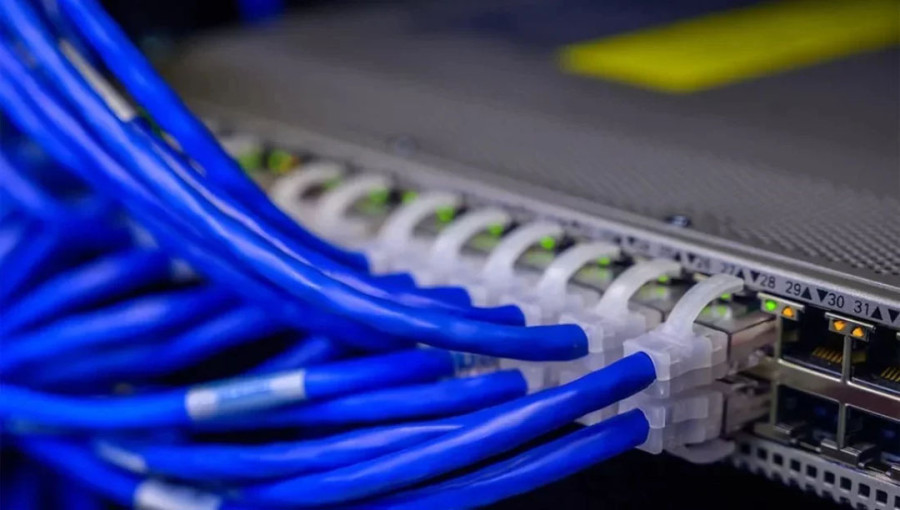
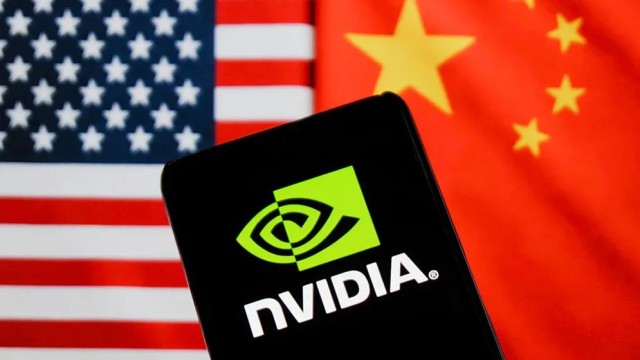
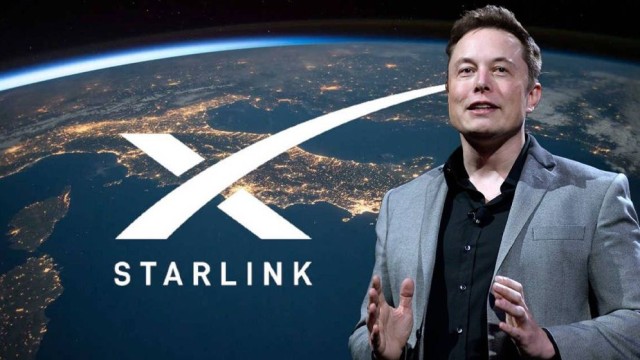

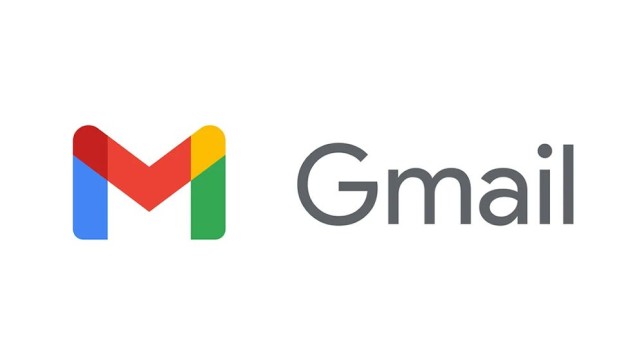
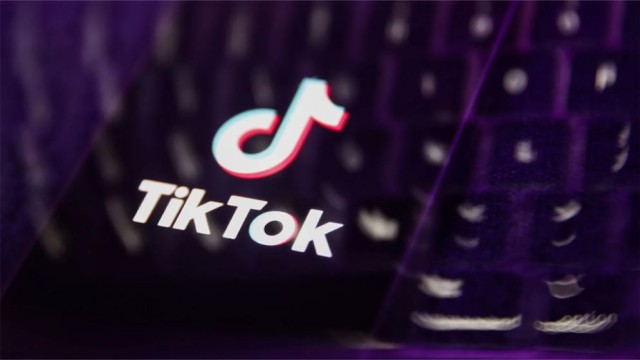
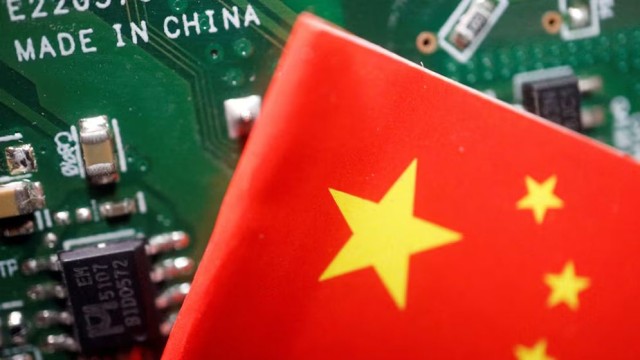

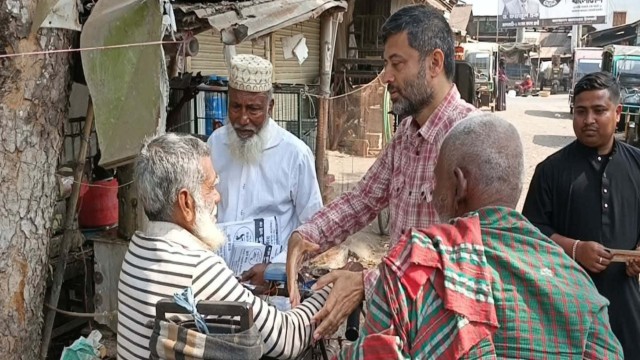
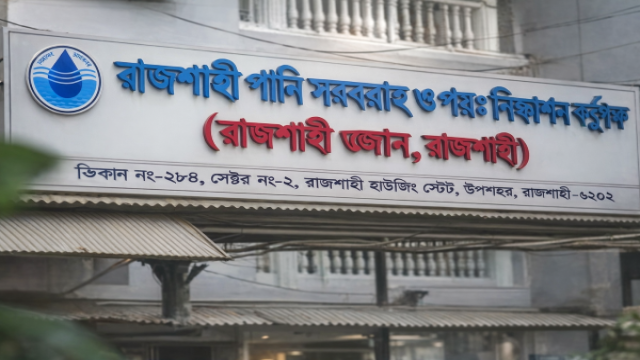
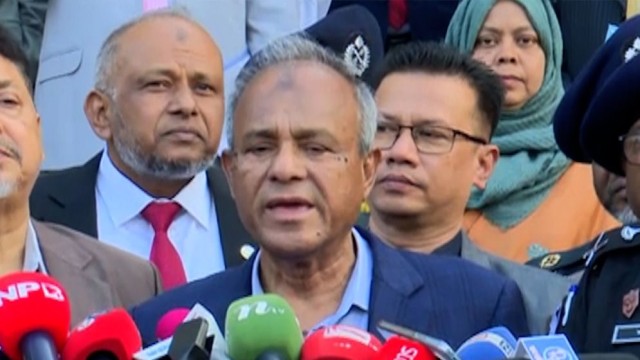
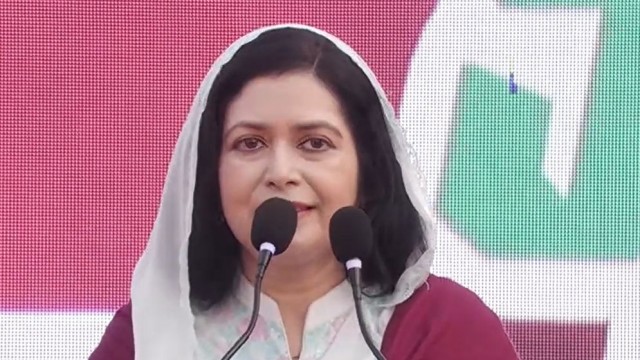
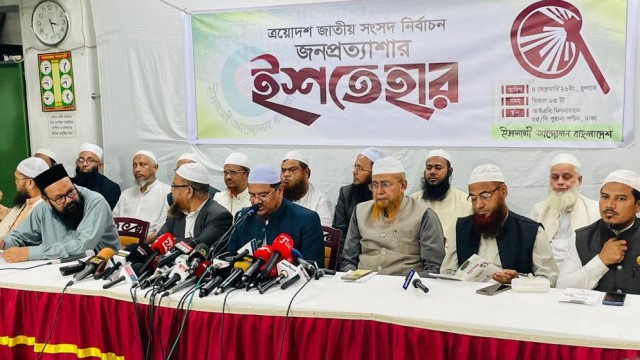

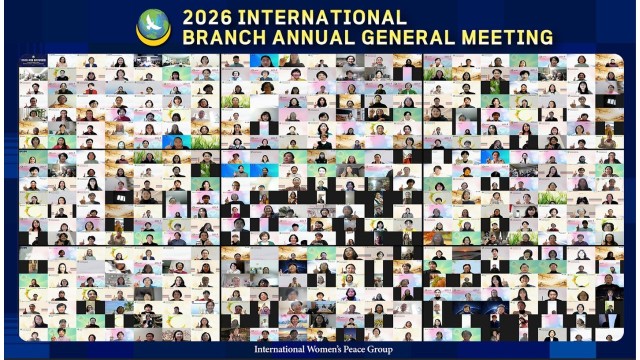
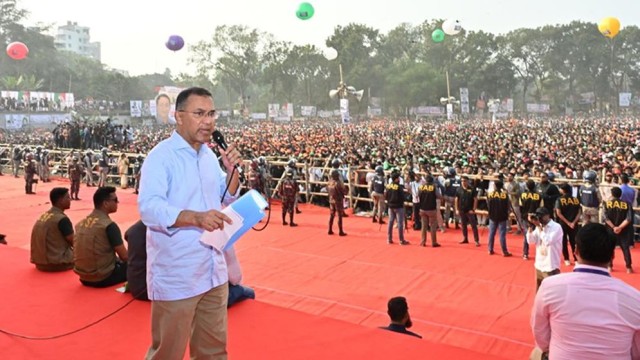
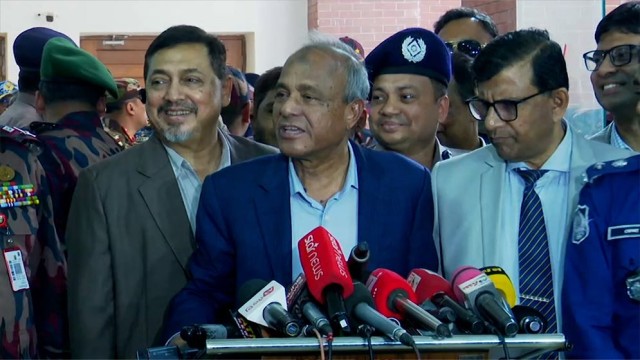











Comment: